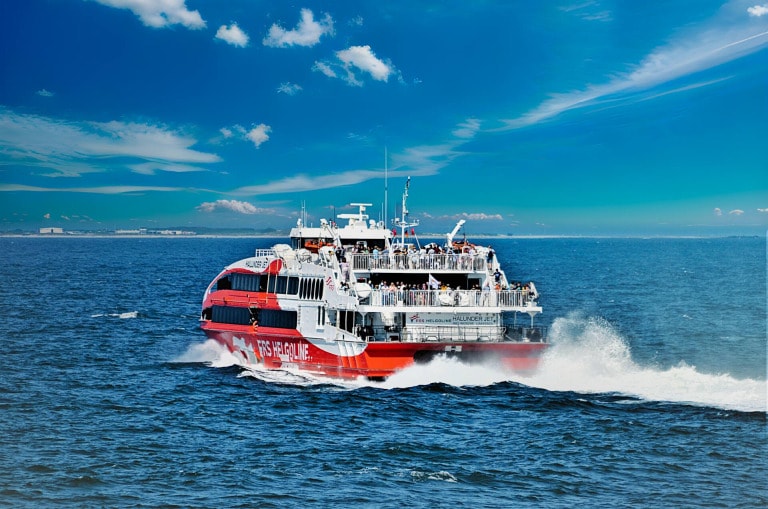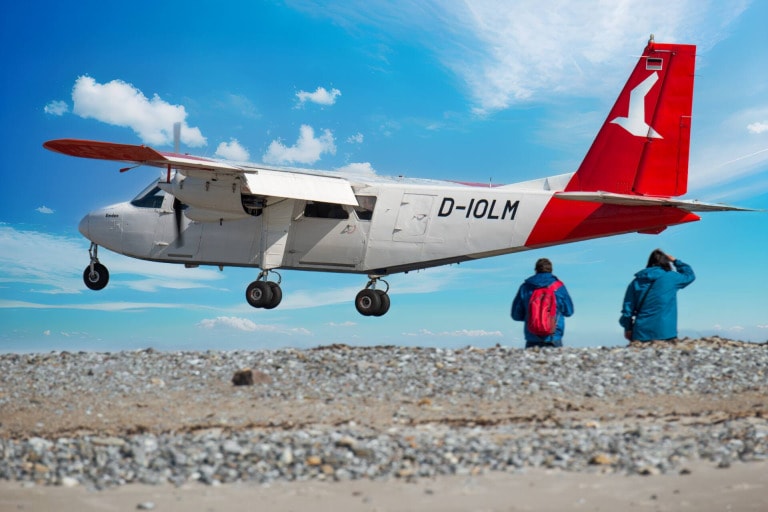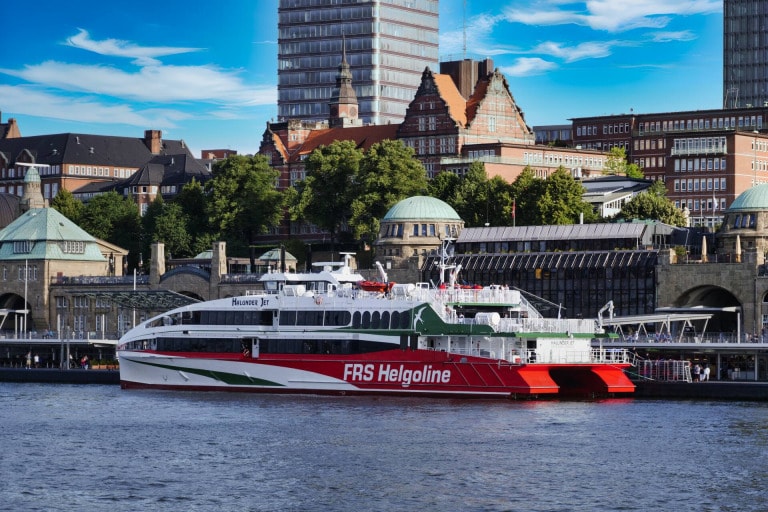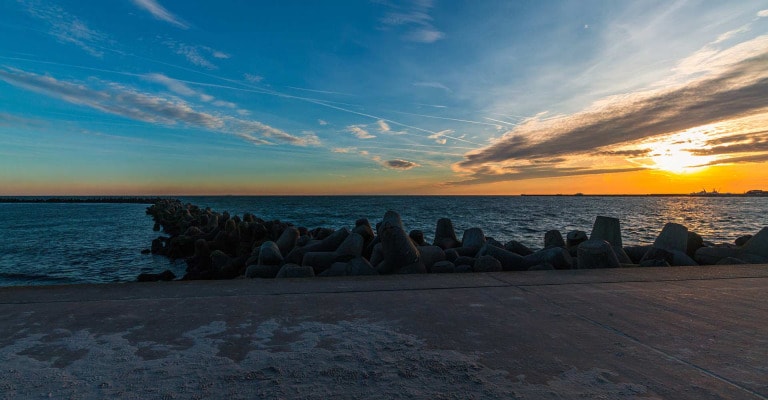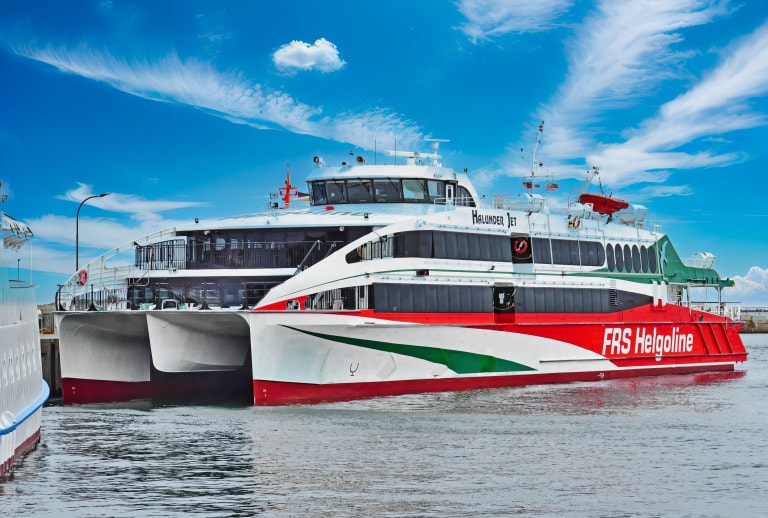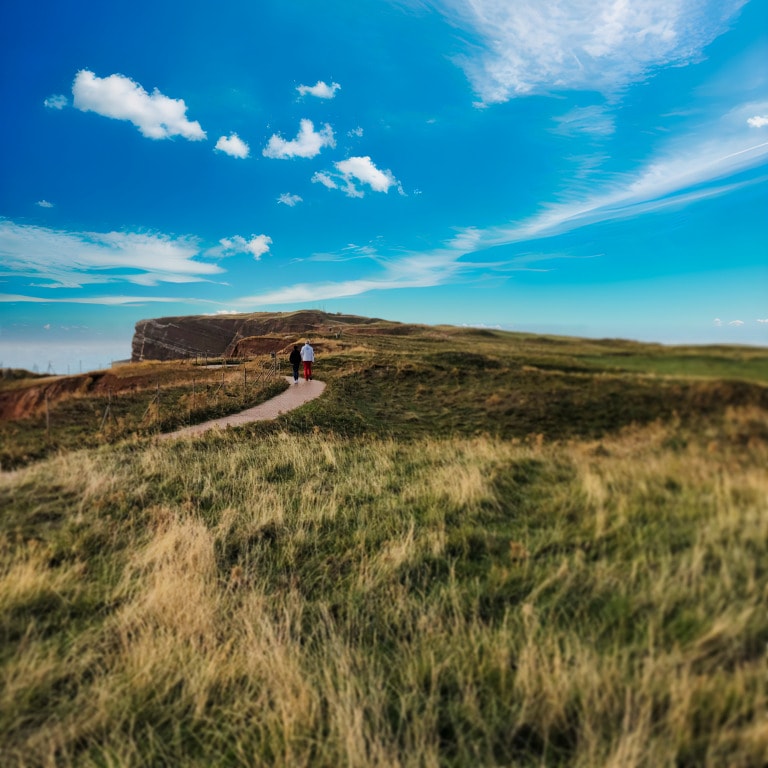Like hardly any other island in Germany has Heligoland has had an interesting history in terms of national affiliation. While both the main island and the Düne peninsula today belong to Germany as a matter of course, both geologically and politically, this was not always the case.
Fact is, Heligoland was German at the time of the first settlers and is German again today, but in the meantime the legal rule over the island changed several times. The Frisians settled the North Sea island around 700 AD as the first and also held the position there until the legal rule passed to the Danish crown in the 12th century and into the 13th century.
Heligoland thus suffered the same fate as large parts of what is now Schleswig-Holstein. Heligoland had become Danish. Since Helgoland's economic power was extremely low and some of the islanders were considered destitute, other nations had no increased interest in taking over Helgoland.
It was not until the time of Napoleon that this circumstance changed. The United Kingdom of Great Britain suddenly became interested in Heligoland, because the British crown wanted to prevent further advance of the French ruler. It was feared by the British that Napoleon might unite with Denmark in order to undermine British power in this way. The British Lord Falkland set out to take action against Denmark. In 1814, as part of the so-called Peace of Kiel, the island of Heligoland was handed over to the British Crown.
Great Britain held Heligoland for exactly 76 years. In 1872, the German Empire first expressed claims to the United Kingdom of Great Britain with regard to Helgoland's legal affiliation. In the course of the Heligoland-Zanzibar Treaty, the island was then handed over to the German Empire in exchange for Zanzibar. The fact that Zanzibar was not a colony of the German Empire at that time played a rather subordinate role. Heligoland has thus been German again for 127 years.


